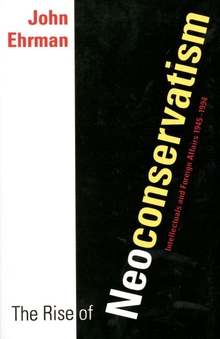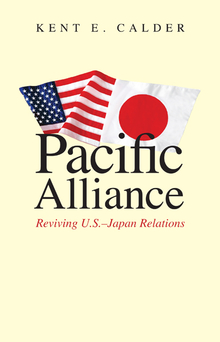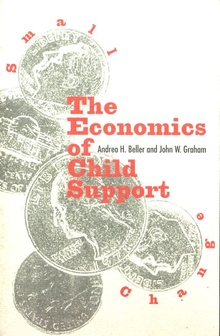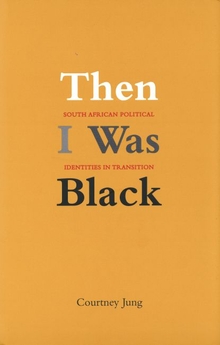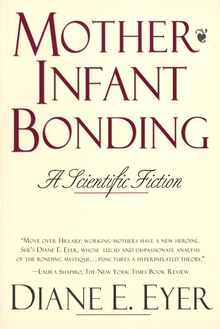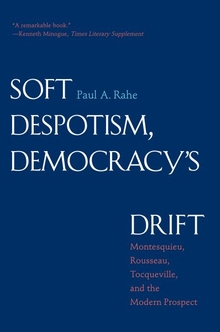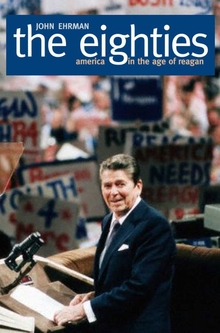The Rise of Neoconservatism
WARNING
You are viewing an older version of the Yalebooks website. Please visit out new website with more updated information and a better user experience: https://www.yalebooks.com
Intellectuals and Foreign Affairs, 1945-1994
John Ehrman
John Ehrman traces the neoconservatives' shift from cold-war liberalism to conservatism, focusing on the careers and thinking of the most intellectually and politically important members—especially Moynihan, whose political and intellectual careers are here analyzed for the first time. Ehrman shows how the neoconservatives who held office under President Reagan tried to reinforce the administration's anticommunist outlook while also moving it toward a policy of actively assisting foreign governments and groups trying to develop democratic institutions of their own. Ehrman corrects many misconceptions about neoconservatives, illustrates the differences among them, and traces the consistencies in their foreign policy thinking. He also examines their successes and failures in translating their concepts into political action, and analyzes their place in both modern American liberalism and the conservative movement.
"This accessible and well-written work makes an important contribution to our understanding of ideas, politics, and the intersection of domestic and foreign policy."—Robert D. Schulzinger, University of Colorado, Boulder
"A judiciously argued and decidedly non-revisionist account. . . . In ably chronicling the instances in which neoconservatives helped to shape the course of American foreign policy, The Rise of Neoconservatism exemplifies intellectual history at its best."—Arch Puddington, Commentary
"Carefully elucidated. . . . [Ehrman] tells an eventful story succinctly and. . . . impartially."—George H. Nash, New York Times Book Review
"An excellent book on the shifting ideas in American foreign policy and their theoretical underpinnings. This is a scholarly, subtle account that should assume its place as a standard by which others are judged."—Gerald Russello, Washington Times
"A lucid account of the postwar rise of neoconservatives and their eventual migration from liberal Democrats to Republicans, despite little ideological shift."—Publishers Weekly
"This is a major contribution to the intellectual and political history of American foreign policy in the Cold War era—with an epilogue on the early Clinton years. Ehrman's analysis of the symbiotic relationships of liberals, neoconservatives, and the shifting place of Russia in the American view of the world is subtle, accurate, and beautifully written."—Gaddis Smith
"John Ehrman neatly details the intellectual and political passage of men and women such as [Norman] Podhoretz, Irving Kristol, Walter Lacqueur, Jeane Kirkpatrick, Midge Decter, and Daniel Patrick Moynihan. He is clearly sympathetic to the neoconservatives, but not uncritical."—Warren I. Cohen, Diplomatic History
"The major contribution of this study is to place the neoconservatives in context and analyze their impact. There is no comparable work."—Choice
"A serious work, [that] deserves a wide audience."—Indochina Chronology
"John Ehrman has provided a long-overdue work on the impact of neoconservative thought on American foreign policy since World War II. Political theorists and diplomatic historians will profit from the author's ability to link the neoconservative agenda with the fate of New Deal liberalism in domestic and international politics. Policy analysts will gain by Ehrman's discussion of how neoconservatives sustained the imperatives of containment from Harry S. Truman to Ronald Reagan."—Greg Russell, Journal of American History
"An invaluable history of the neoconservative movement during the Cold War as well as an excellent introduction to the intellectual ideas of its major personalities."—Jack Fischel, The Virginia Quarterly Review
"Without a doubt, John Ehrman's study is one of the most important books on American foreign policy to be published in recent years. Nearly flawless in its execution, this beautifully written intellectual history is essential for anyone interested in understanding the political shift of the neoconservatives from Truman Democrats to Reagan Republicans as they led America's anticommunist crusade."—Douglas Brinkley, American Historical Review
"This instructive book succeeds admirably in meeting its objectives. It examines the emergence of neoconservatism, explains the reasons for the shift from liberalism to conservatism, and is reliable in correcting some of the misconceptions of the intellectual movement."—Ronald Lora, International History Review
Publication Date: August 28, 1996

